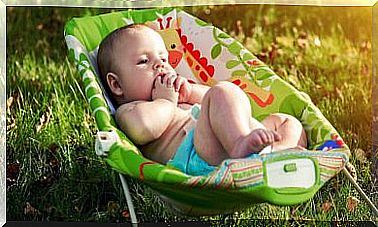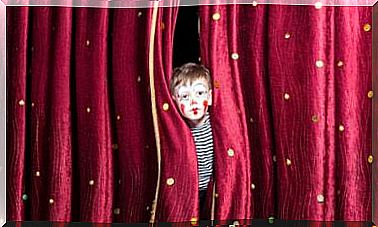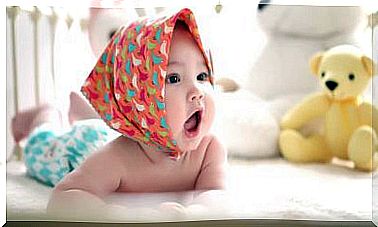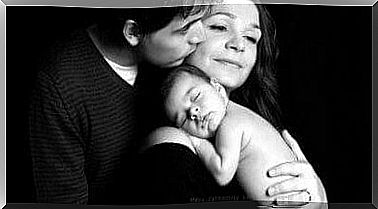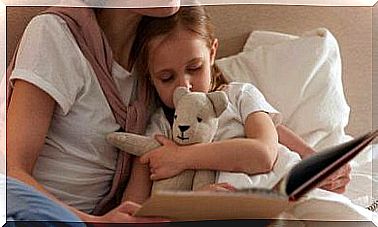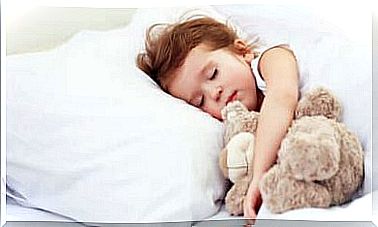How To Test For Hearing Loss In Newborns
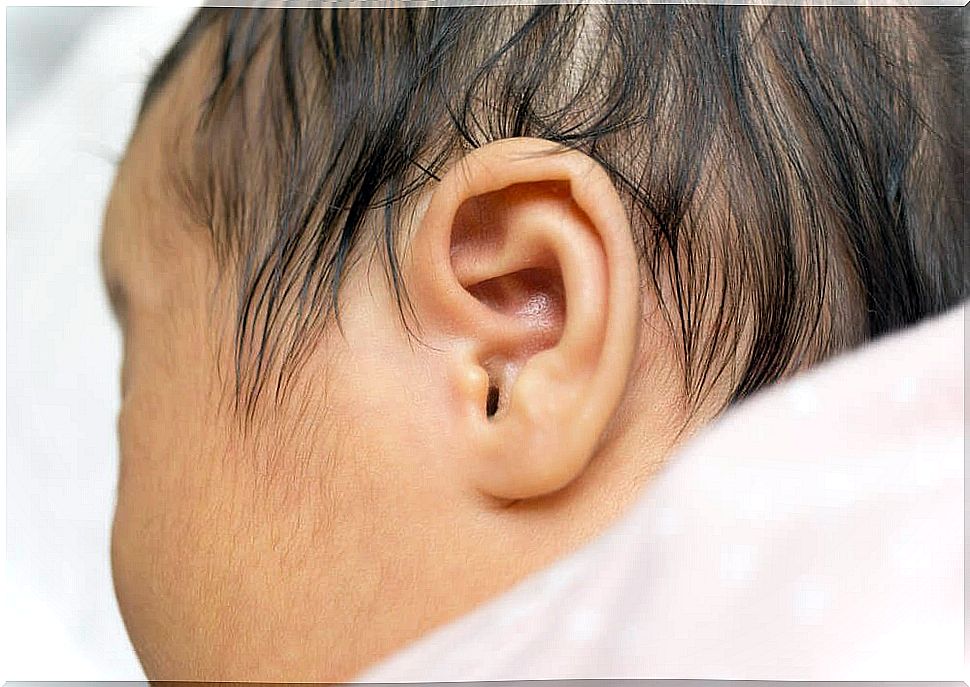
Newborns are subjected to several different tests, one of which tests for hearing loss. The test is performed before the baby is sent home from BB or in connection with a return visit during the first month after the birth.
Hearing is important for language development because language is based on mimicking sound. Studies have shown that children who do not hear well have difficulty speaking and communicating. Therefore, it is very important to detect a hearing loss in newborns early.
Hearing impairments can be overcome
Every year, approximately 200 children are born in Sweden with a hearing impairment, which means that they need a hearing aid or sign language to communicate.
About 80% of those born with a severe hearing loss are detected by the test performed shortly after birth.
95% of deaf children are born into families without previous hearing impairments.
By testing for early hearing loss, deafness can also be diagnosed early.
This allows you to start treatment and stimulation from an early age, which in turn facilitates the child’s access to an oral language.
Diagnosis of hearing loss in newborns
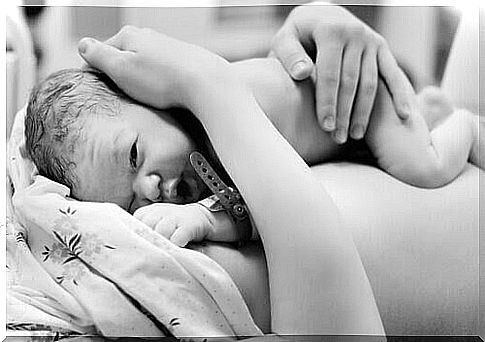
According to pediatricians, the period that extends from birth to the fourth year of life is critical, as this is when language acquisition is most optimal.
That is why it is so important to do a hearing test on newborns. Most hearing disorders are diagnosed before the baby is 2 months old.
How to detect deafness?
All newborns in Sweden undergo a hearing test called otoacoustic emissions (OAE). It is a quick and easy test that is gentle on the child.
You simply insert a small plug (with an audio transmitter and a microphone) into the ear canal. A clicking sound causes the hair cells in the ear to move, and these movements become a faint sound that is picked up by the microphone.
Risk factors for hearing problems
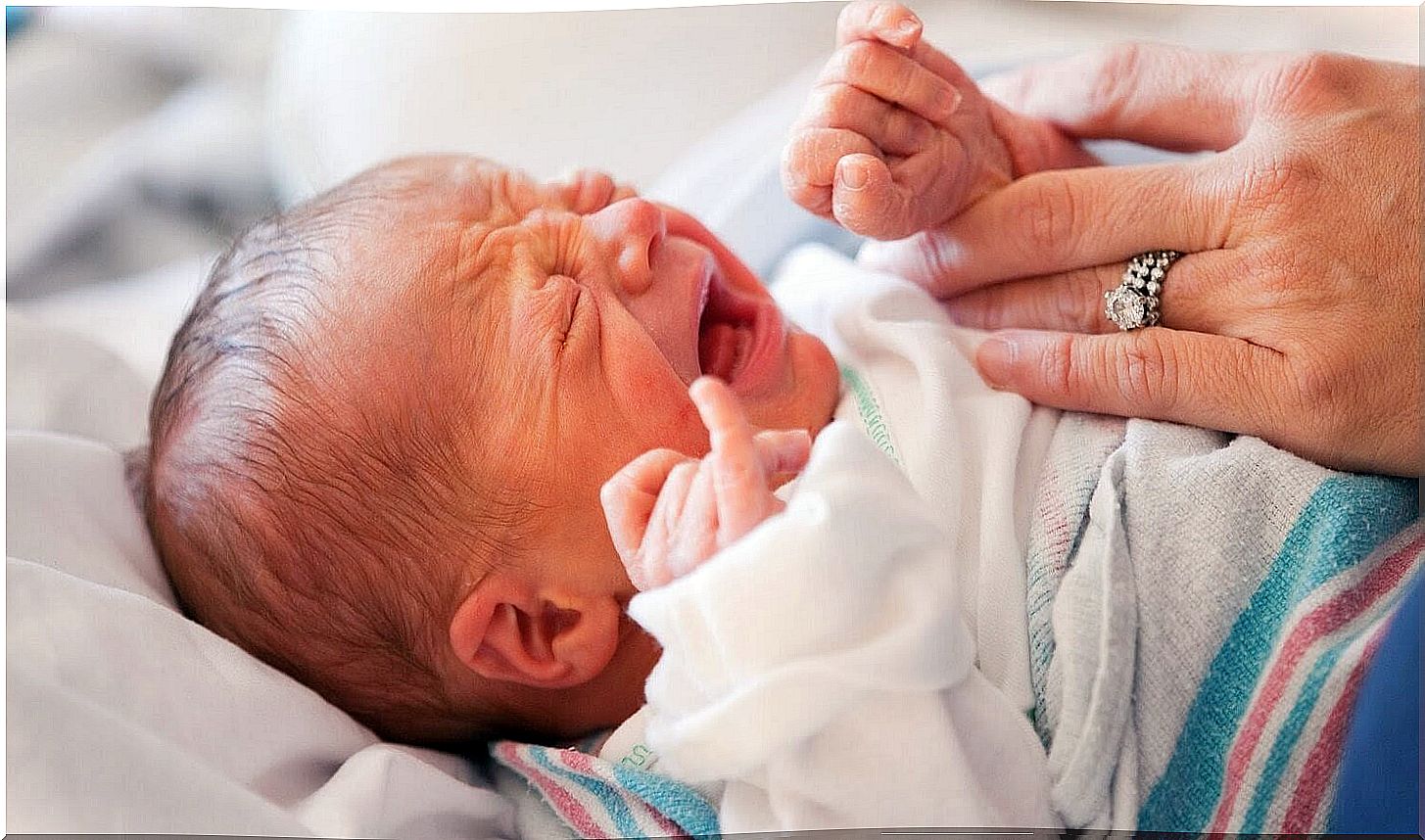
Some children are more likely to have hearing problems than others. This is because they may have genetic heredity or other health problems that can affect their hearing.
Hearing loss can also be due to infections or medications taken by the mother during pregnancy.
There are also other risk factors for deafness, such as premature birth or low birth weight.
If you think your child has a hearing problem, it is best to consult a specialist at a clinic for ear, nose and throat diseases. It is also important to monitor your child’s hearing throughout childhood.
According to pediatricians, most children hear without difficulty at birth, but sometimes they can begin to show hearing problems as they grow older.
Parents can often identify hearing loss when they notice that their child is not responding to sound.
Most hearing problems develop positively, especially if they are detected early.
Early treatment can prevent language development disorders. It can also increase the child’s and family’s quality of life.


